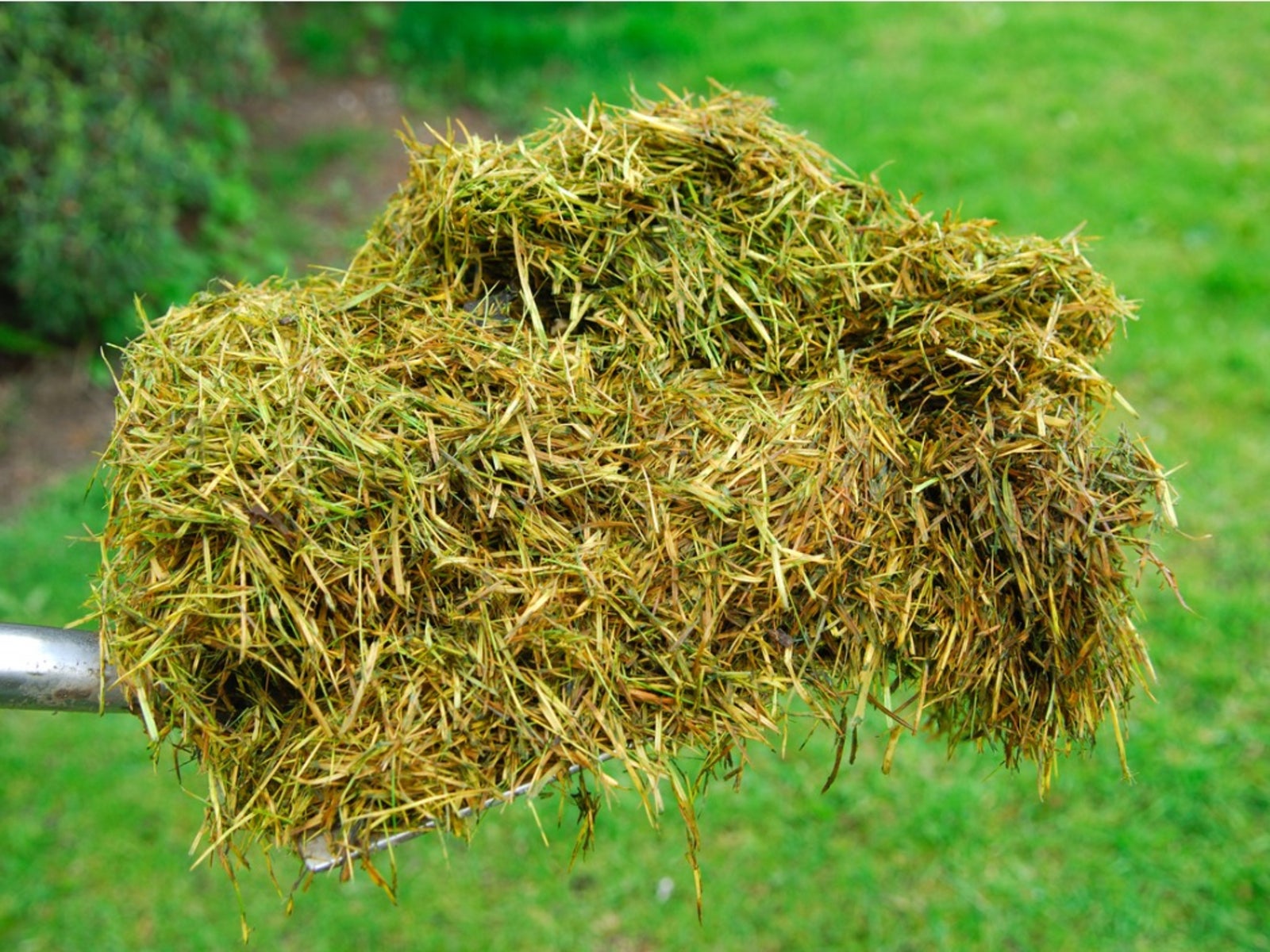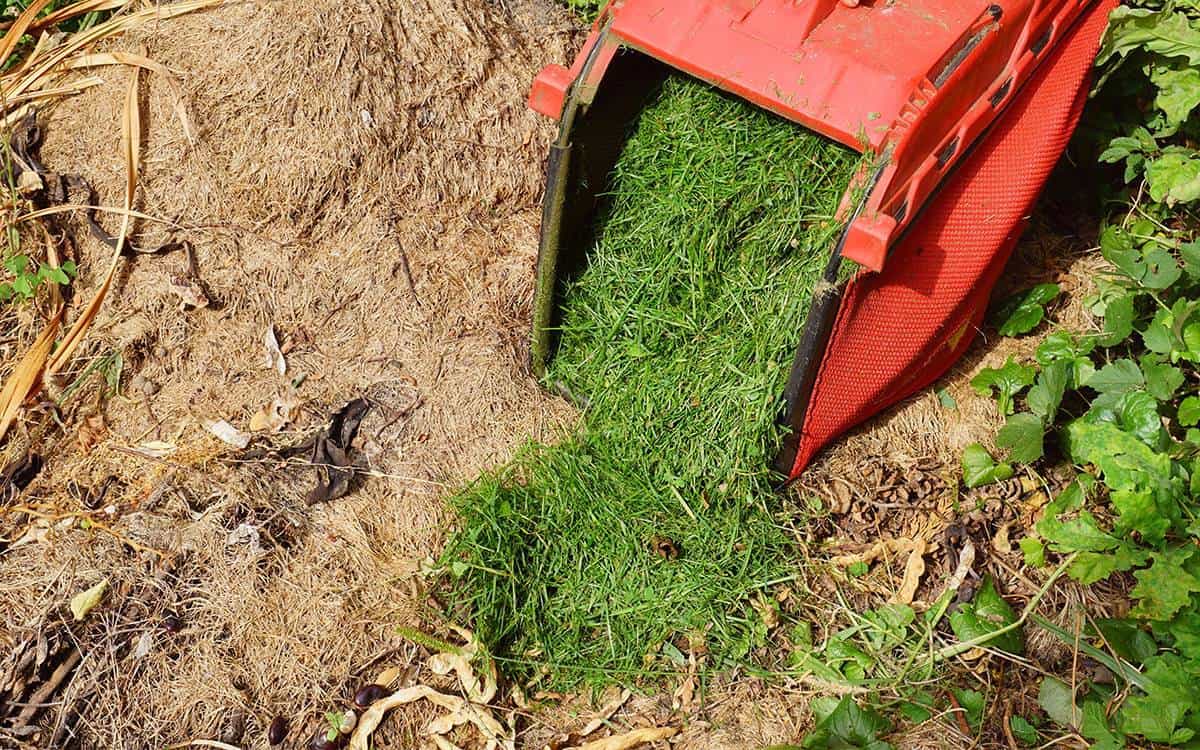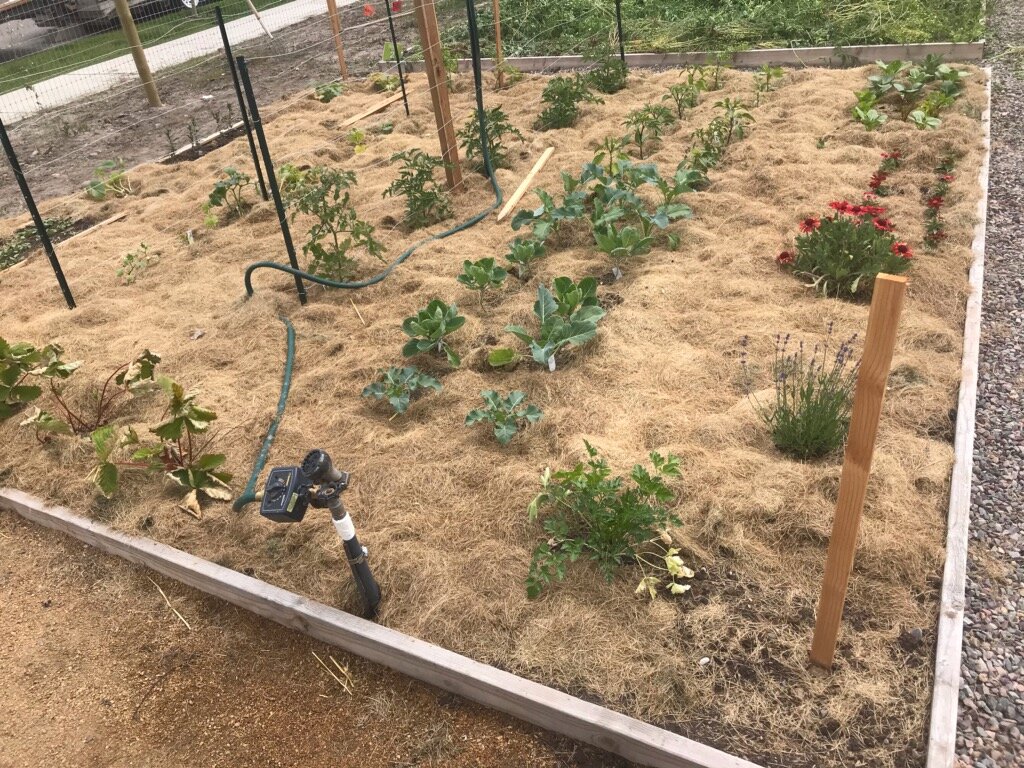Grass Clipping Mulch: The Free And Ecofriendly Way To Conserve Water And Reduce Weeds
Grass clipping mulch is a free and eco-friendly way to conserve water and reduce weeds in your garden. It's also a great way to add organic matter to the soil, which can improve drainage and fertility.
In this blog post, we'll discuss the benefits of using grass clipping mulch, how to apply it correctly, and some tips for avoiding problems.
Benefits of Grass Clipping Mulch
There are many benefits to using grass clipping mulch in your garden. Here are a few of the most important:
- Water conservation: Grass clippings help to retain moisture in the soil, which can help to reduce your water usage. According to the University of California Cooperative Extension, using grass clipping mulch can reduce water usage by up to 50%.
- Weed suppression: Grass clippings block out sunlight, which can help to suppress the growth of weeds. This can save you time and money on weeding.
- Soil improvement: Grass clippings decompose over time and add organic matter to the soil. This can improve drainage, fertility, and water retention.
- Mulch aeration: Grass clippings help to aerate the soil, which can improve root growth.
- Mulch insulation: Grass clippings help to insulate the soil, which can protect plant roots from extreme temperatures.
- Mulch pest control: Grass clippings can help to deter pests such as slugs and snails.
How to Apply Grass Clipping Mulch
To apply grass clipping mulch, simply spread it evenly over the soil around your plants. The layer of mulch should be about 2-3 inches thick.
If you have a lot of grass clippings, you can compost them first. This will help to break down the clippings more quickly and evenly.
Tips for Avoiding Problems
There are a few things to keep in mind when using grass clipping mulch to avoid problems.
- Don't use fresh grass clippings: Fresh grass clippings can mat down and smother plants. Let the clippings dry out before applying them.
- Don't apply too thick of a layer: A layer of mulch that is too thick can prevent water from reaching the roots of your plants.
- Avoid using grass clippings from lawns that have been treated with herbicides or pesticides: These chemicals can leach into the soil and harm your plants.
- Remove any weeds or debris from the area before applying mulch: This will help to prevent the spread of weeds and pests.
Conclusion
Grass clipping mulch is a great way to conserve water, reduce weeds, and improve the health of your garden. It's a free and easy way to make your garden more sustainable.
If you're looking for a way to save money and the environment, consider using grass clipping mulch in your garden. You'll be glad you did.
Grass clippings are a great source of free mulch for your garden. They help to retain moisture, suppress weeds, and improve the soil's fertility. But not all grass clippings are created equal. If you want to use grass clippings as mulch, it's important to use them correctly.
Here are a few tips for using grass clippings as mulch:
- Use only fresh, dry grass clippings. Wet grass clippings can mat down and create a breeding ground for mold.
- Don't apply more than 2 inches of grass clippings at a time. Too much mulch can smother your plants.
- Rake the grass clippings into a loose layer around your plants. This will help them to break down more quickly and evenly.
- If you're using grass clippings in your vegetable garden, be sure to avoid using any clippings that have been treated with herbicides or pesticides.
For more information about using grass clippings as mulch, visit Garden Wiki.
FAQ of grass clipping mulch
1. What are the benefits of using grass clippings as mulch?
Grass clippings are a great source of organic matter, which can help to improve the health of your soil. They can also help to retain moisture, suppress weeds, and reduce erosion.
2. How thick should a layer of grass clipping mulch be?
A layer of grass clipping mulch should be no more than 1 inch thick. If you apply too much mulch, it can smother your grass and prevent it from getting the oxygen it needs.
3. Can I use grass clippings that have been treated with herbicides?
No, you should not use grass clippings that have been treated with herbicides. The herbicides can leach into the soil and harm your plants.
4. What should I do with grass clippings that are too wet to mulch?
If your grass clippings are too wet to mulch, you can either dry them out and then mulch them, or you can compost them. Composting is a great way to recycle organic materials and create a nutrient-rich soil amendment.
5. How often should I mulch my lawn with grass clippings?
You can mulch your lawn with grass clippings as often as you mow it. However, it is important to note that too much mulch can be harmful to your lawn. If you are unsure how often to mulch, it is best to err on the side of caution and mulch less often.
Image of grass clipping mulch
- Image 1: A pile of grass clippings that have been freshly mowed and are still damp. The clippings are a bright green color and are neatly piled in a wheelbarrow.

- Image 2: A garden bed that has been mulched with grass clippings. The clippings are a darker green color and are evenly spread around the plants in the bed.

- Image 3: A tree that has been mulched with grass clippings. The clippings are a light green color and are piled high around the base of the tree.
- Image 4: A flower bed that has been mulched with grass clippings and straw. The clippings are a dark green color and are mixed with the straw, which is a light brown color.

- Image 5: A lawn that has been mowed and the clippings have been left on the lawn to decompose. The clippings are a light green color and are evenly distributed across the lawn.

Post a Comment for "Grass Clipping Mulch: The Free And Ecofriendly Way To Conserve Water And Reduce Weeds"